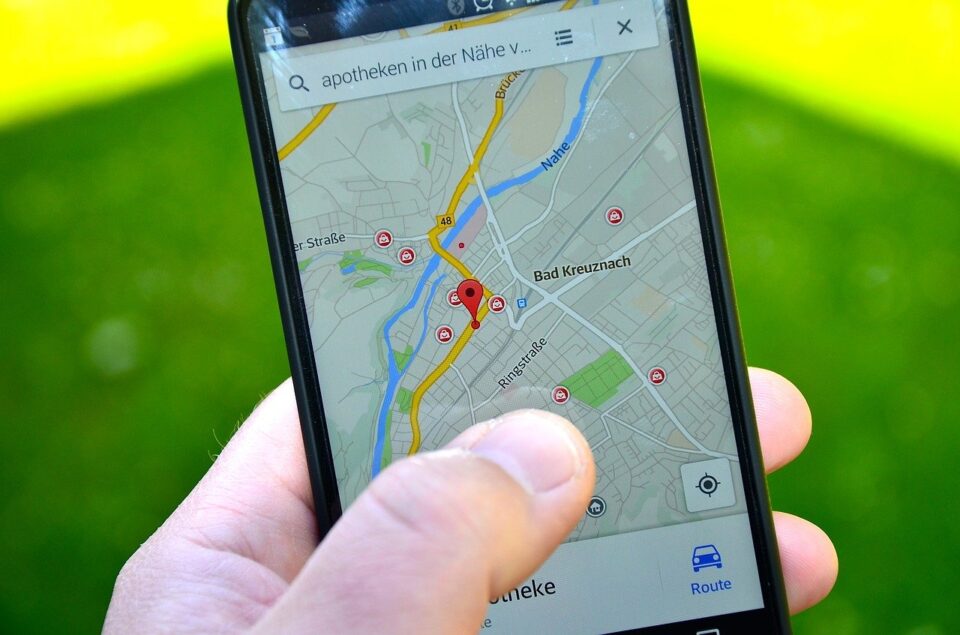Have you ever wondered what makes a place unique? How did the name of your hometown come to be? What about that vacation spot you are dreaming of visiting soon? This blog post will answer all those questions and more. It’s time to get curious, learn about different places worldwide, and find out how they got their names.
Names Can Be Descriptive
There are many names for places that came about by describing the natural features of the area. As stated by professionals at Celtic Titles, these names usually give the true description of the place or person. Take Puerto Rico, for example. The name translates to ‘Rich Port.’ A port is an area of land with a waterway or river where ships can dock and get supplies (usual food). This island was thriving with resources, which would make it the perfect place to trade.
However, some of the features used to describe these names are no longer available in some places. This makes it difficult to determine the true meaning of some names unless you go over the history of the place.
Names Can Be Historical
Other places got their names from a historical event, person, or group of people. This is often found surrounding war scenes and battles and religious figures and events in history. It may come as no surprise for some that more than a few locations with famous American presidents’ names.
In the United States, there are several places with George Washington’s name on it. There is a town named Mount Vernon in Virginia and even a city called Washington DC (the country’s capital). This also goes for Abraham Lincoln – he has some locations that bear his namesake, including counties in Alabama and Illinois. Maybe you can take a trip to these locations soon!
Names Can Be Political
Some names are created as a result of politics. These can be found surrounding borders and other areas where two or more countries meet. In Canada, you’ll find the town of Stanstead that is situated between Quebec and Vermont (two different provinces). This location has both English speakers on one side and French speakers on the other. As a result, it is influenced by both sides of Canada’s culture.
Some names come from controversial political figures (or even groups). You can find this in Germany with Adolf Hitler Strasse located in Munich and Joseph Goebbels Platz square found in Berlin. These locations were named after these people in the 1930s, but they have since been renamed.
Names Can Be Unique and Creative
In some cases, places get their names from being unique or creative. Just think about how your name is different from others you know. This could be a way for a place to stand out as well! In Canada, there is a town named Yahk which means ‘no cars.’ They gave this name to the location because of how rural it is. There are no roads within the area, so you have to walk or use horses for transportation.
You can find another unique name in the United States. In Arkansas, there is a town that has been named Toad Suck after an old legend was born from it. This town got its name from an old tale about a man drinking at the local tavern. As he drank, he kept complaining that his drink tasted like ‘toad sweat.’
Names Can Be From Other Cultures
Some locations got their names from other cultures and religions. For example, there is a town in France called Lourdes after a very important religious site. In this case, it’s a grotto that has been deemed a shrine. People have come from around the world to see this location, and it’s considered an important site for Catholicism in particular.
There are other places that get their names from religions, including Allahabad, which comes from the Hindu phrase ‘praise of god.’ In both cases, They named these locations after something significant to these religions.
Names Can Be from Legends and Myths
In some cases, names start from legends or myths that have been passed down through the years. You can find this in many European countries with places like Narnia, which comes from a children’s book series by C S Lewis known as The Chronicles of Narnia.
Other locations have names related to the underworld, including Hades, a location in Greece, and Pluto (the Roman god of death). You can also find this surrounding other famous figures from ancient times, such as King Minos, who lived in Crete. His name has been given to several places over time, including an airport in the country.
In conclusion, there are many different reasons why places get their names. Some come from influential people in history, while others are related to myths and legends (or even pop culture). The next time you’re traveling somewhere new, try thinking or asking how the location got its name. You will be surprised by how much you can learn!

